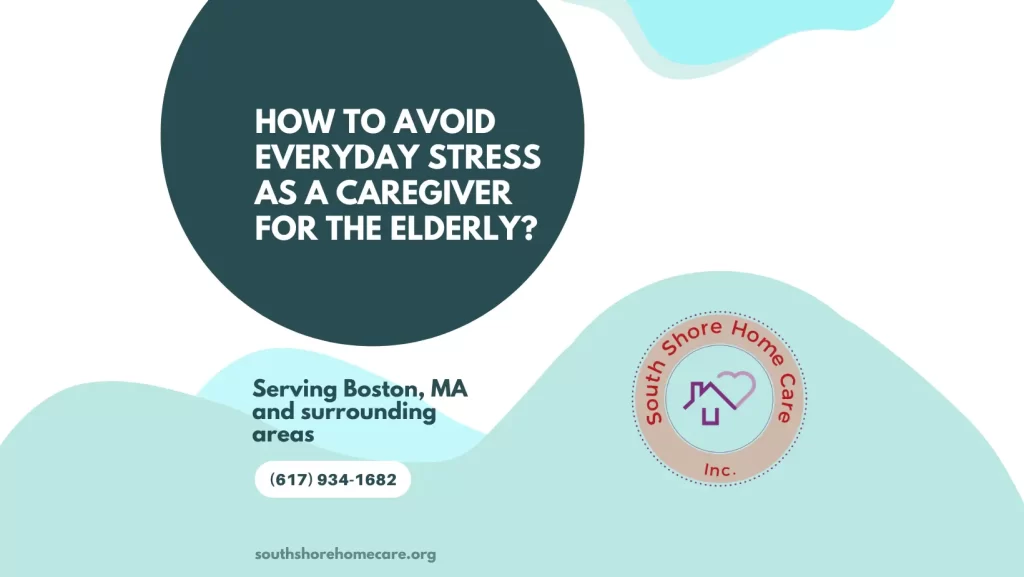Understand the signs of caregiver stress:
As a caregiver for the elderly, it’s essential to be aware of the signs of caregiver stress and take action to manage them.
Signs of stress can manifest in many different ways, both physically and emotionally. Sleep plays a vital role in reducing stress because your body is constantly tired if you do not sleep well. Maybe you’re struggling with anxiety or feeling overwhelmed. You might even be experiencing physical symptoms like headaches, nausea, or chest pain.
If you’re feeling stressed, taking a step back and assessing the situation is essential. How can you adjust your routine to make your job a little easier? Can you delegate some tasks to other members of your team? Are emotional support groups or counseling services available to help you manage stress and health problems?
Finding respite care is another good option when you feel stressed during caregiving for a loved one. Talking to your supervisor or doctor about your stress is also a good idea. They may be able to provide helpful resources or refer you to local support groups that can assist you in managing your stress.
Tips for managing stress and fatigue:
Caregiver for the elderly in Boston often feel overwhelmed and stressed. You may feel like you can’t take long-term care of your elderly family member and manage your own life simultaneously. Here are a few tips for managing stress and fatigue:
1. As a caregiver for the elderly, you must make a schedule and stick to it. This will help you to organize your tasks and feel in control.
2. Taking care of yourself is essential, so make sure to take some time for yourself every day for a walk, read a book, or take a nap.
3. Ask for help from your friends and family when needed. They may not be able to help all the time, but they can certainly lend a hand when needed.
4. As caregivers, we often feel like to do everything on our own. But this is impossible, and it’s important to accept help when it’s offered.
Schedule respite care to get a break:
One of the best ways to avoid everyday stress as a caregiver is to get some relief. Find a professional respite care service. This type of care gives you a break from your caregiving duties so that you can relax and rejuvenate.
Home respite care services can come in many forms, such as a home health aide who can help with basic needs or a daycare center that can watch your loved one for the day. Finding something that will work for you and your schedule is essential.
Use relaxation techniques to stay calm:
When it comes to managing stress and staying calm as a caregiver, relaxation techniques can help tremendously. This could include taking a few deep breaths, incorporating meditation into your daily routine, or doing yoga for relaxation.
If you feel overwhelmed, practice the relaxation techniques that work for you. Even if you take five minutes out of your day for some deep breaths, it could make all the difference to help combat stress so that you don’t become completely exhausted and burned out in your role as a caregiver.
In Boston, you have access to various resources that emphasize these techniques. For example, you could join a yoga class or practice mindfulness and relaxation exercises in your home. In addition, various city organizations offer workshops on topics such as meditation or breathing exercises that can help reduce stress and improve mental health.
However, South shore home care in Boston provides personal care, companion care, and skilled nursing services for your loved ones. If you have a busy schedule and do not have enough time to take care of the senior in your life, we are just a call away!


